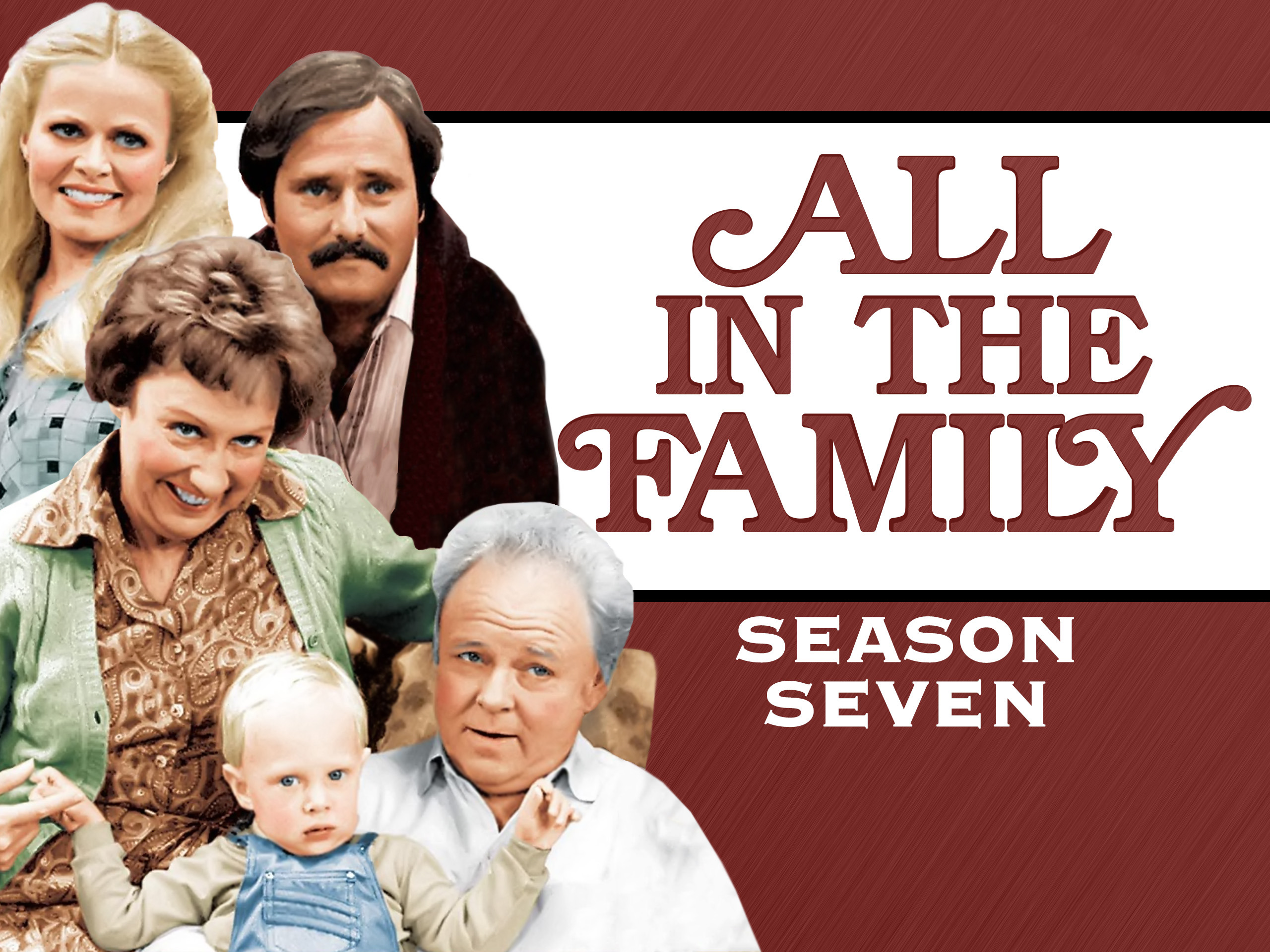
When All in the Family first hit the airwaves in 1971, it was more than just a television show – it was a cultural revolution. At a time when television was dominated by family-friendly shows that avoided controversy, this sitcom boldly tackled the taboo topics of racism, sexism, and politics. The show’s central character, Archie Bunker, portrayed by the iconic Carroll O’Connor, was a working-class man whose bigoted views mirrored the prejudices of much of American society at the time. However, rather than simply being a relic of a bygone era, All in the Family continues to resonate with modern audiences because it dared to engage with the issues we still grapple with today.
Body:
All in the Family wasn’t afraid to challenge the status quo, especially in terms of its portrayal of social issues. The show took on topics such as race relations, the Vietnam War, women’s rights, and LGBTQ+ issues, pushing the boundaries of what was considered acceptable on primetime television. The character of Archie Bunker, with his crude humor and prejudiced views, often clashed with the more progressive perspectives of his family members, particularly his daughter Gloria and her husband Mike, who embodied the counterculture of the era.
This generational clash made the show incredibly timely and controversial. In a country torn by political division, racial tension, and a rapidly changing social landscape, All in the Family felt like a mirror reflecting the uncomfortable truths of American society. Rather than shy away from difficult conversations, the show used humor as a tool to make these issues more approachable. It didn’t just entertain; it educated, provoked, and challenged its audience to think about their own biases.
One of the key aspects of the show’s brilliance was its ability to balance humor with serious social commentary. Archie’s bigotry, while offensive, was often used as a satirical commentary on the ignorance and prejudices that existed in society. The show’s creators, including Norman Lear, understood that by presenting these issues through the lens of comedy, they could open up dialogues that might otherwise have been too uncomfortable to discuss.
While All in the Family was controversial at the time, it ultimately became one of the most influential sitcoms in television history. It paved the way for other shows that pushed the envelope on sensitive topics, such as The Simpsons and South Park, which continue to use humor to address controversial issues today. Despite the changing landscape of television and social norms, the legacy of All in the Family lives on as a reminder of the power of media to spark conversation and bring attention to important social issues.
Conclusion:
In many ways, All in the Family was ahead of its time. It was a show that not only entertained but also forced its audience to confront their own prejudices and biases. Today, as we continue to navigate the complexities of race, gender, and politics, the show remains relevant, offering valuable lessons about how we can use humor and satire to address serious issues. All in the Family may have been controversial in the 1970s, but its impact on television and society is undeniable. It was a groundbreaking show that changed the way we think about television and its role in shaping public discourse.
